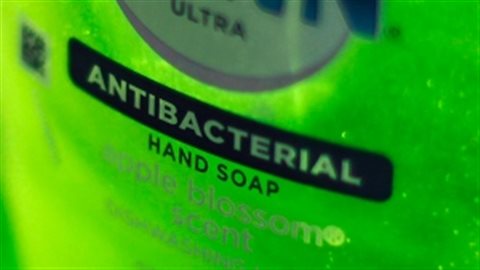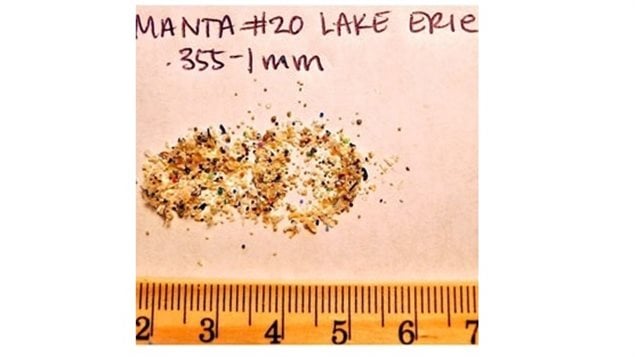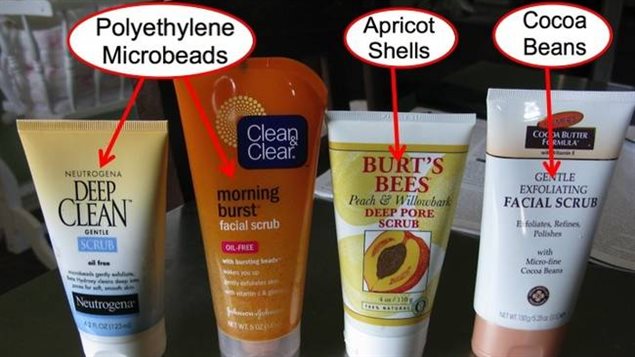With increasing awareness of harmful agents in otherwise seemingly banal products, a major retailer in Canada is taking some action.
Loblaws, a major food and household products retailer, and its associated chain Shopper’s Drug Mart selling pharmaceuticals, health and household products retailer, have announced they will be removing three harmful ingredients from some of their store brand personal-care products.

This comes after a survey indicated 9 out 10 customers said they were concerned about potentially hazardous chemicals in the store’s personal care products.
Last month, owner Galen Weston said on the company website that by 2018 they will remove triclosan, commonly used in anti-bacterial products, and phthalates which are commonly used to make plastics flexible but which are also used in some perfumes, hair spray, deodorants, shampoos and more, and have been shown to cause damage to organs, including reproduction, in animal tests.
Triclosan- more harm than good?

On the same time frame they will remove micro-beads used as abrasives in products such as facial and body scrubs. These very tiny plastic beads, also used in some toothpastes, pass through waste-water treatment plants and end up in the environment where the plastic absorbs toxic chemicals and can be eaten by fish and other aquatic life which mistake them for tiny fish eggs or some other type of potential food.
On the website, Weston explained, “It may impact those of us who eat fish. And, it creates a life-cycle issue for us. We sell skin care with micro beads. We sell fish. And, in an odd twist, our beauty products may ultimately impact our commitment to sustainable seafood.”
A bold move?
Removing micro-beads from their products however may not be the major step it seems, depending on who manufactures the companies store brands and as laws come into effect imposing a ban.
Microplastics-beads and other minuscule plastic pollution
Major manufacturers Unilever, The Body Shop and Johnson & Johnson have committed to phasing out micro beads by the end of this year, while another Proctor & Gamble said they will discontinue micro plastics by 2017.

In addition, Canada’s most populous province passed a bill banning microbeads which should come into effect in 2017. While a federal bill is making it’s way through the Parliamentary process.
Several US states have micro-bead bans which will also come into effect in the next few years, while the Netherlands plans to be the first country to completely ban micro-beads by the end of 2016.







For reasons beyond our control, and for an undetermined period of time, our comment section is now closed. However, our social networks remain open to your contributions.